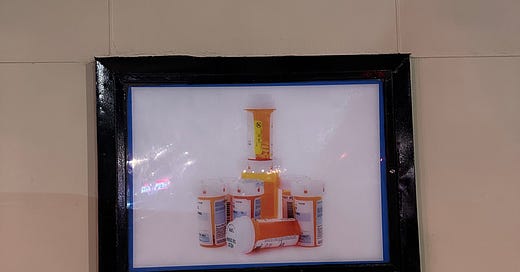There are few things as romantic as a mid life crisis in Berlin. In Germany, dichotomies seem to abound prophetically— thick heads of hair/thinning crops; clubbing in your twenties/gallery hopping in your thirties; East/West; wieners/ schnitzel. Past and present tango sensually, romance and horror embrace, and walls keep chaos from bleeding into order.
For Sam, the affecting leading man in Eric Schnall’s debut novel i make envy on your disco, walls have always existed— he just hasn’t seen the other side until now. Sam is a gay Pacman suffocating within the lanes of a prison of his own creation. A successful and renowned art dealer, he’s expertly crafted a Linkedin perfect life for himself—Demure townhouse in an affluent Brooklyn neighborhood, sexy (cheating) boyfriend in real estate, roster of clients daft enough to spend millions on airport artwork. After discovering his partner’s affair, Sam decides to travel to Berlin alone to survey galleries and report back to Soho, or, the Land Where Art Goes to Die. While in Berlin, Sam meets a cohort of mildly distasteful yet ultimately endearing characters including Magda, an insolent hotel concierge who sighs indignantly at Sam’s every inquiry and ultimately confesses her pregnancy out of wedlock to him, and Jeremy, a random client’s nephew living in Berlin who cries during sex and takes multiple baths in Sam’s hotel room.
One can’t help but feel contempt for Sam’s dissatisfaction with his life—after all, he built the walls himself, each new level exacting and tactful. But as he limps aimlessly through the platz’s at dawn, mourning the life he could have lived, I began to feel fondness, and then fear. Sam is a part of us all, lamenting about the different routes he could have chosen, places he could have lived, people he could have loved, that would have reconfigured his position in his labyrinth of self-inflicted ignorance.
The thing about walls is that they have always and will always exist, no matter how hard we try to dismantle them. Some people take the longer route, others resort to anarcho-communism, and many accept their fate to remain on one side. While Sam decides to return to his life, the fact that he was able to see what was on the other side feels hopeful nonetheless.




